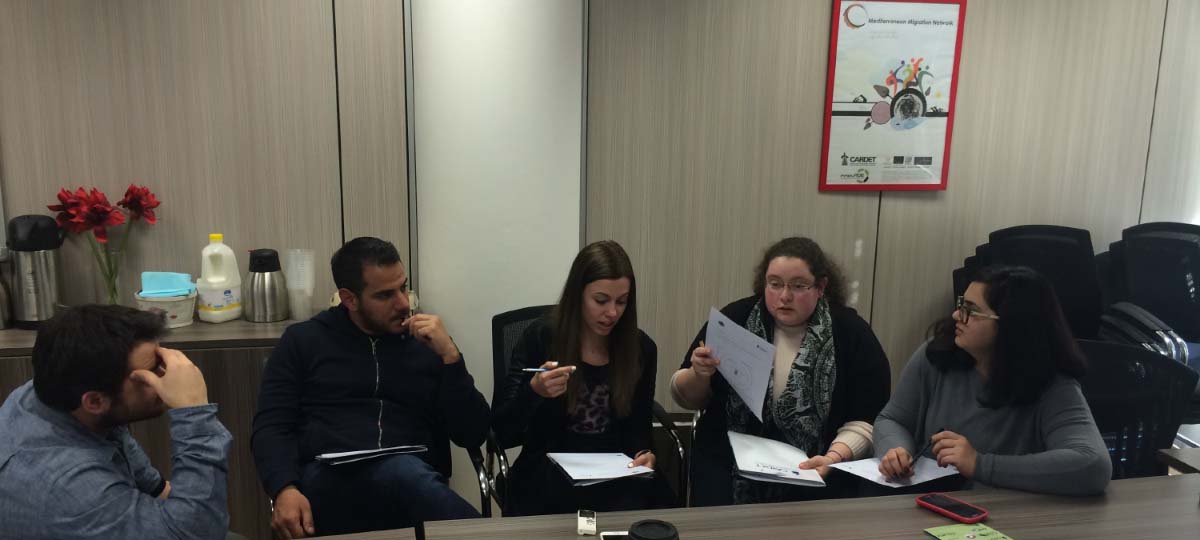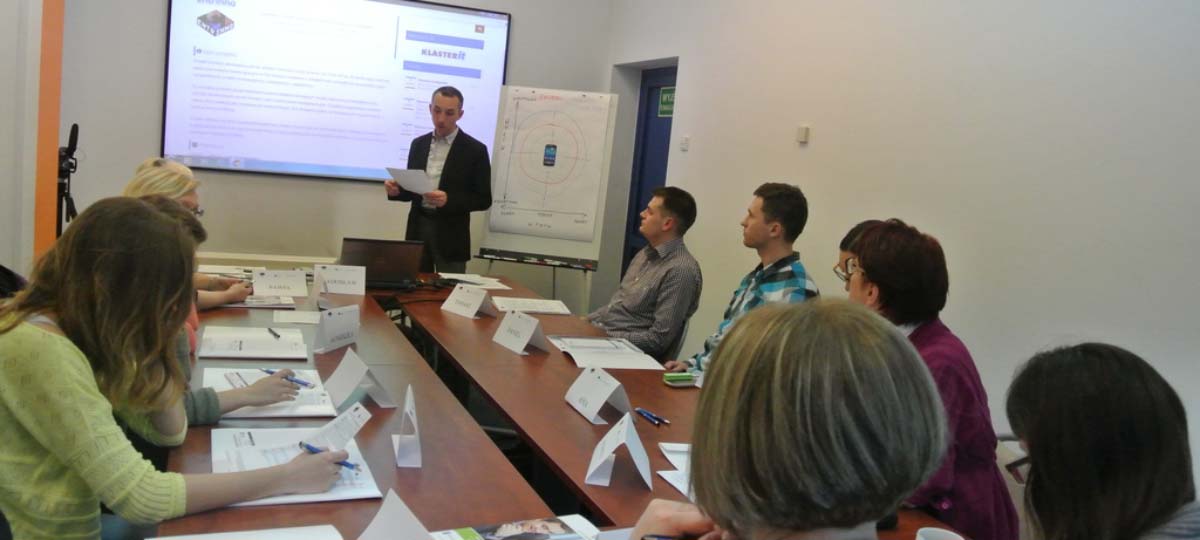
Which entrepreneurship skills “play” best?
Part of the value of being an entrepreneur is the depth of impact one can make in the market, but also the breadth of development and expansion entrepreneurial practices can bring along. These are important components of success within a context, whether your business provides services or products. However, not all businesses are successful. We can all think of at least one example of two companies with similar services or products where one ends ups being successful and one fails. What would be the reason behind those endings? Is it the context? Is it just luck? Or is it the fact that the owners exploited particular skills towards their business’s success?
Continue Reading

EntrInnO Gap Analysis Report in partner countries
For most projects, before starting to work on the content, partners conduct a review of the literature and gather data from target groups and stakeholders in order to define the needs and effectively address them. The goal of this report is to compare existing products with the desired product of the EntrInnO project. It intends to maximize the impact of the project deliverables in order to achieve the proposed results or exceed them. Moreover, its objective is to identify possible gaps between the existing products and the potential products.
Continue Reading

EntrInnO focus group in Cyprus
Have you ever wondered which skills are necessary for becoming a successful entrepreneur? Have you ever played a game that can help you improve your entrepreneurship skills? Becoming a successful entrepreneur is the combination of a variety of skills. The EntrInnO project aims to achieve exactly this; provide an online game that helps players develop and enhance their entrepreneurship skills.
Continue Reading

EntrInnO focus groups in Poland
On the 2nd February 2016 at the premises of Danmar Computers in Rzeszów, focus groups meeting within the EntrinnO project was held. The participants were divided into two teams: stakeholders and the target group (young adult EU citizens, 18-35 years old). The expert group consisted of practitioners, entrepreneurs, university teachers, while in the other group (target group) there were young people (students), who are potential entrepreneurs.
Continue Reading



